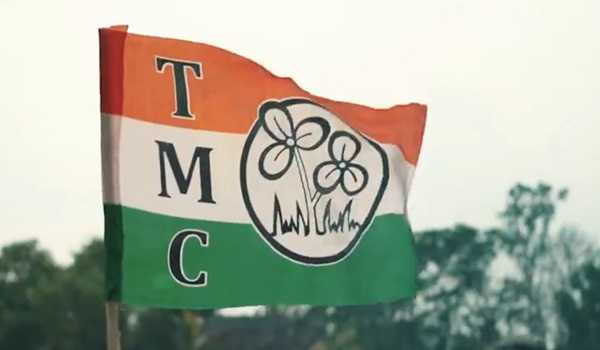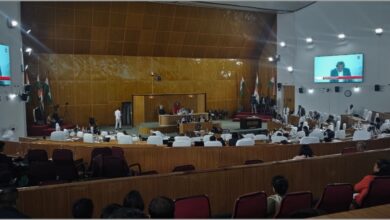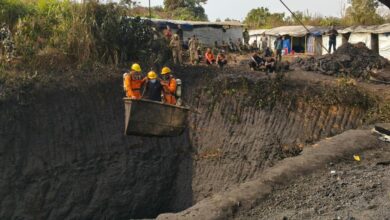What Bengal endures today, India must guard against tomorrow

Editor,
It is difficult to reconcile today’s West Bengal with the illustrious legacy it once carried — the land of Ishwar Chandra Vidyasagar, Rabindranath Tagore, Swami Vivekananda, Subhas Chandra Bose and Sri Aurobindo. These were giants who shaped India’s intellectual and moral conscience, leading with ideals, scholarship, and sacrifice.
And yet, Bengal today appears to stand in stark contrast — not as a beacon of thought, but as a grim warning of what political degeneration, social decay and state-sponsored fear can do to a society.
For decades, Bihar was held up as the poster child of lawlessness and corruption. Ironically, West Bengal may now have outpaced it — not merely in administrative failure, but in the systematic erosion of civil liberties, public consciousness and democratic institutions.
Under the current Trinamool Congress (TMC) regime, governance has been reduced to an instrument of political intimidation, and state machinery seems more aligned with party interests than public welfare.
There exists a widespread perception — grounded in both anecdotal evidence and on-the-ground reportage — that Hindus in certain parts of Bengal live in a climate of fear and suppression, while sections of the minority community are allegedly shielded or appeased for political gain. The rule of law is seen to be compromised by a machinery that either turns a blind eye or actively participates in partisan enforcement. Identity politics has flourished to such a degree that demographic engineering and sectarian appeasement are whispered about with increasing frequency, though such claims demand rigorous independent investigation.
If Israel is said to have set Iran’s nuclear program back by decades, then the TMC has arguably done the same to Bengal’s development — economically, intellectually and socially. Once a model for the rest of India, Bengal now often embodies what India fears to become. The state’s once-vibrant culture of political engagement has withered; protests against injustice are muted or violently suppressed, and the spirit of dissent that once defined Bengal’s identity has vanished into silence.
Elections, the cornerstone of democracy, have turned into blood-soaked spectacles. The ballot is no longer an expression of will but an act of survival. Allegations of booth capturing, voter intimidation, and systematic violence are commonplace. People are often coerced — not persuaded — into political alignment. No leader is chosen freely; the Trinamool goon squads, as alleged, ensure that no alternative voice takes root. “Development” is broadcast in slogans, but what reaches the people is fear, suppression, and cronyism.
The chilling reality is that the Bengali voter has been turned into a hostage — punished for choosing, punished for not choosing, punished for even thinking of change. The public, many argue, has lost its moral courage to demand better. Bengal today does not lead India’s imagination; it warns against its excesses. The once-famous adage — “What Bengal thinks today, India thinks tomorrow” — has been tragically inverted. Now, “What Bengal endures today, India must guard against tomorrow.”
West Bengal under the current political dispensation appears to be a study in how political corruption, religious appeasement, and democratic erosion can hollow out a once-mighty state. The decay is not just visible in governance, but in the very spirit of the people — subdued, divided, and disillusioned.
Yours etc.,
Rajiv Roy
A concerned Bengali





